Black entrepreneurs and innovators who shaped America's economy
Historians mark Black History Month by highlighting some of the people who have shaped the economy as we know it
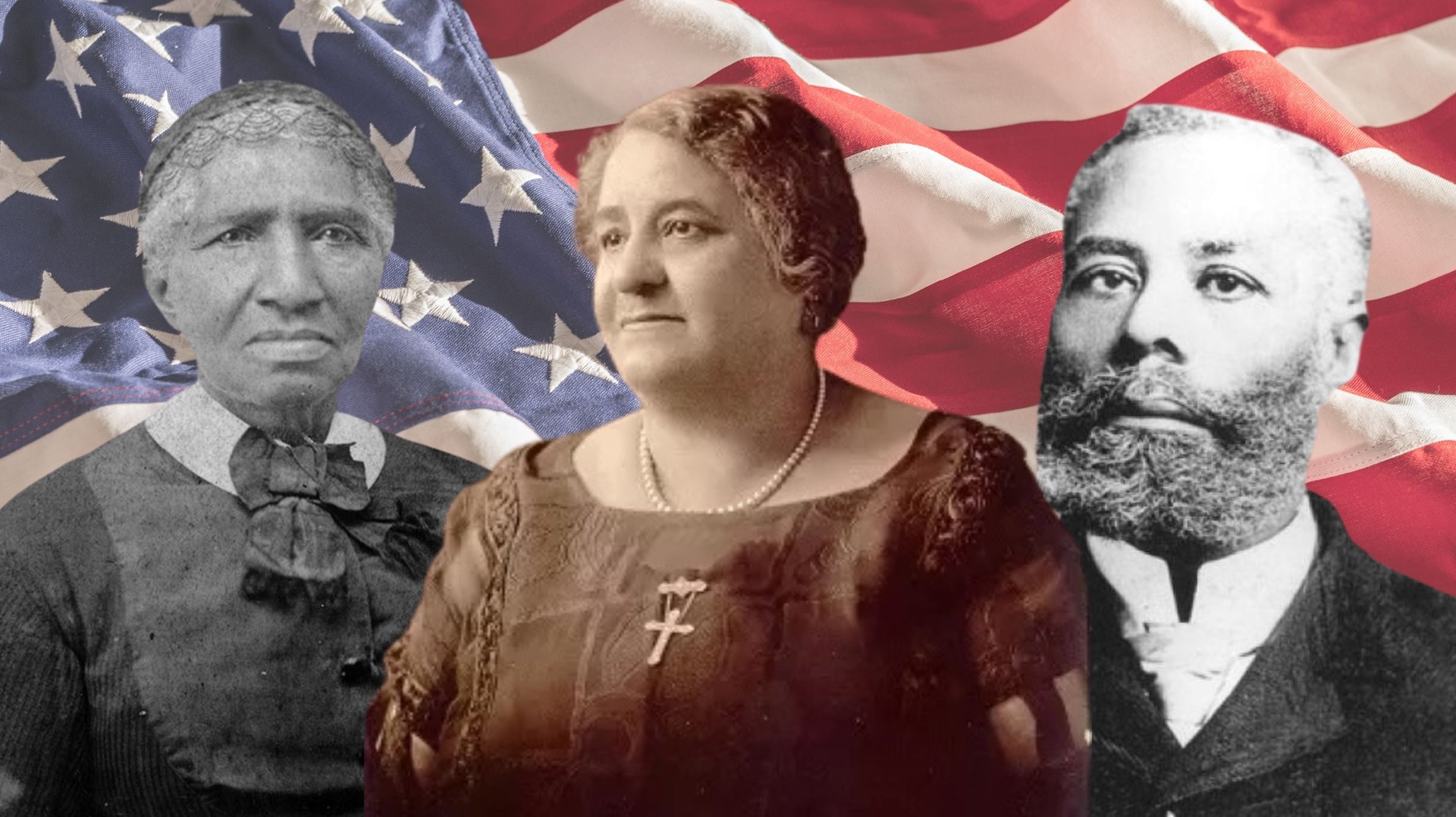
Many American historians and education experts agree that K-12 schools’ history curricula too often highlight stories of trauma and oppression, even during Black History Month. While important, they say, it’s equally significant to bring the accomplishments and achievements of Black Americans to the forefront.
That includes Black businesspeople throughout US history who “have been entrepreneurs long before entrepreneurship became a cottage industry,” said Gerard Robinson, a professor of public policy and law at the University of Virginia. “Because of barriers social, political, and economic, for them to get into the mainstream, they acted and thought like entrepreneurs do. They saw a problem and called it an opportunity,” he told Quartz.
Nafeesa Muhammad, a professor of history at Spelman College in Atlanta, said learning the contributions of Black innovators throughout American history is essential because it “provides a more comprehensive understanding of African American history” and how the modern-day American economy was formed.
Quartz compiled this list of Black entrepreneurs throughout American history.
2 / 7
Frank McWorter (1777-1854): Chemical manufacturer
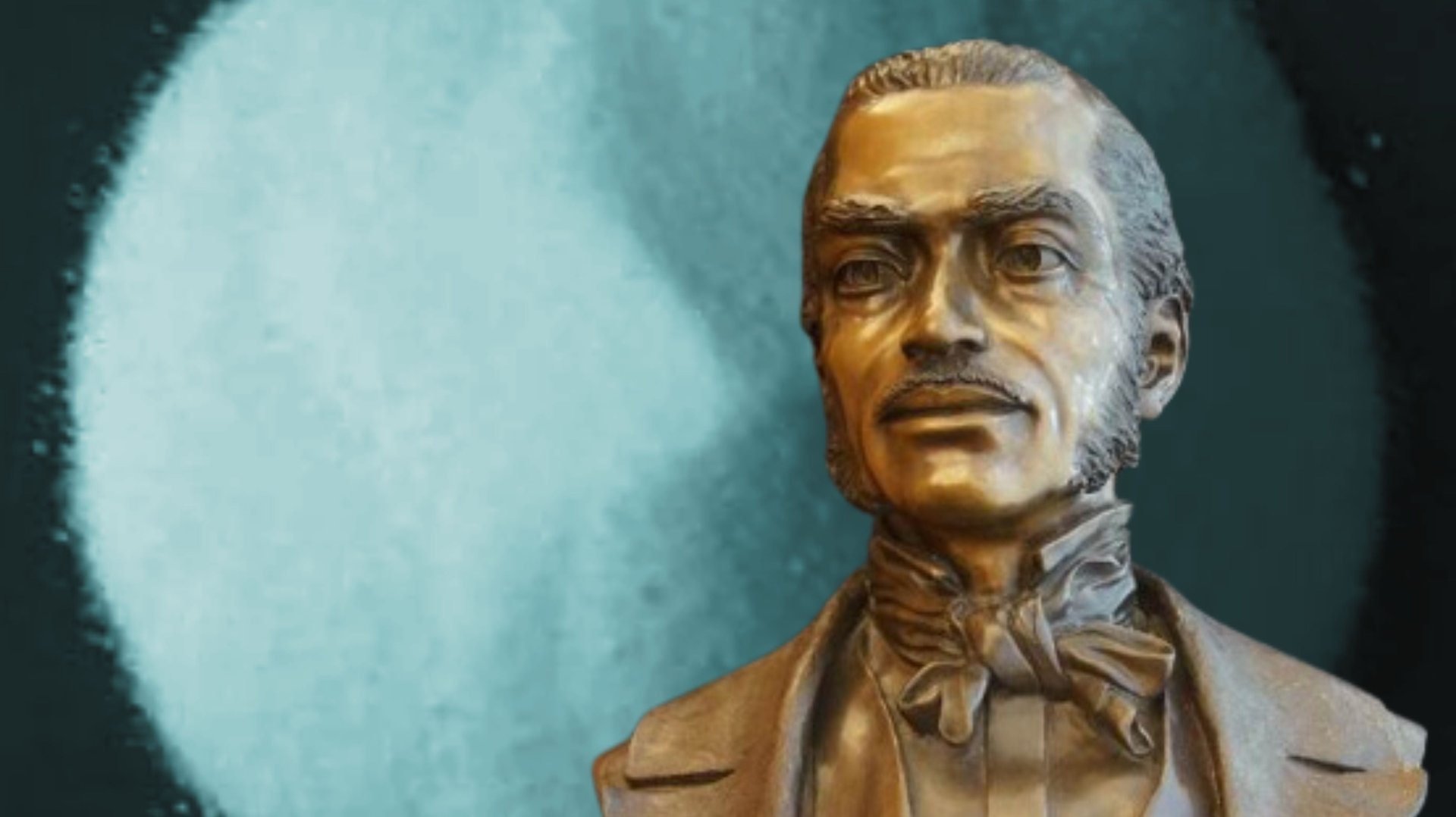
Known as “Free Frank,” McWorter was a former slave who bought his freedom by mining and selling saltpeter, the main ingredient in gunpowder. The success of his saltpeter operation allowed him to also buy the freedom of 16 family members and purchase hundreds of acres of land in Kentucky. He became the first Black American to have founded a town: New Philadelphia, Illinois.
3 / 7
Clara Brown (1803-1885): Colorado real estate mogul
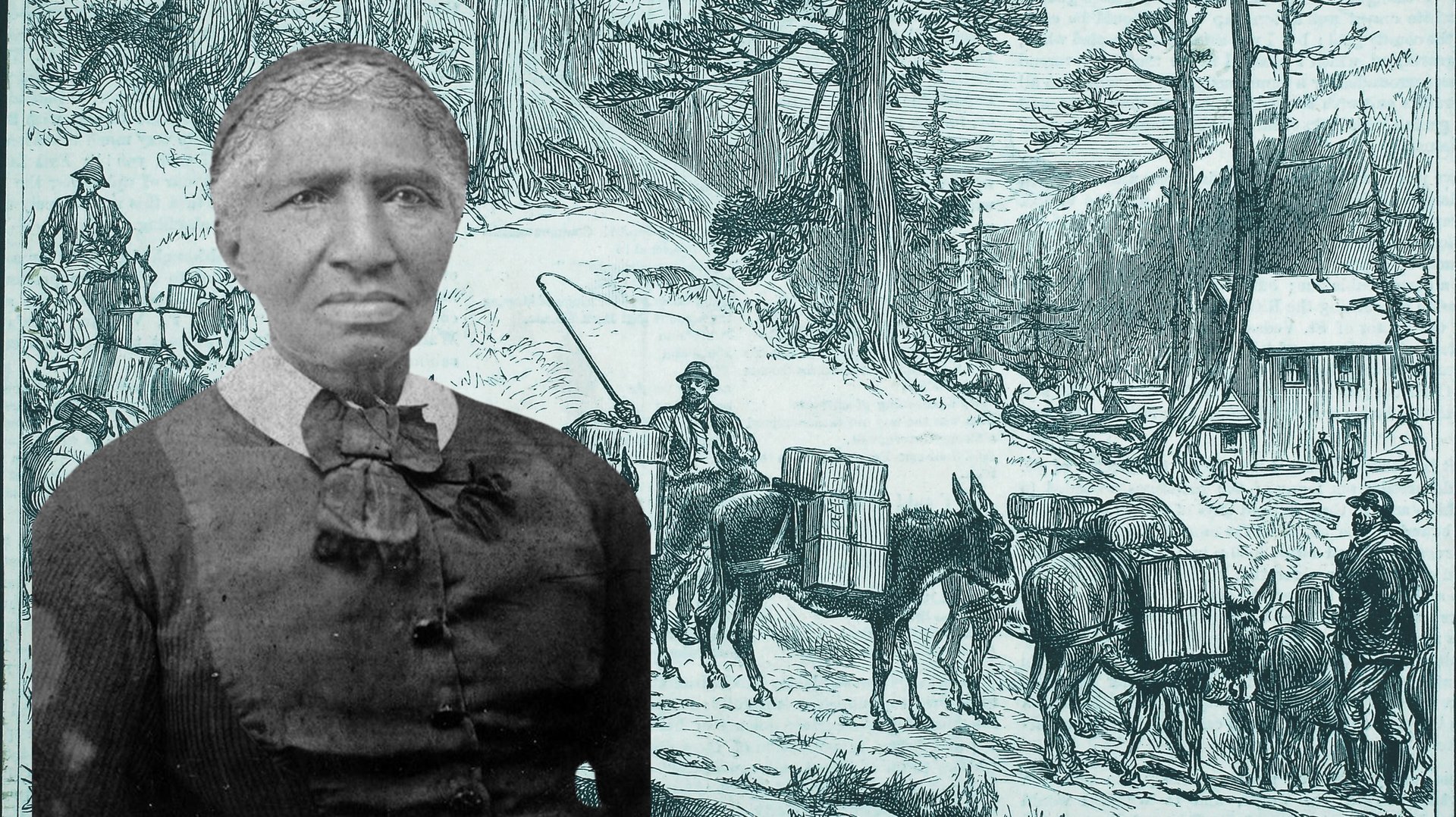
An ex-slave, Clara Brown moved to Colorado during the gold rush, opened the state’s first commercial laundry business, and used the profits to invest in properties and mines across Colorado. She became the first female member of the Colorado Pioneer Association in 1884.
4 / 7
Elijah McCoy (1844-1929): Innovator supreme
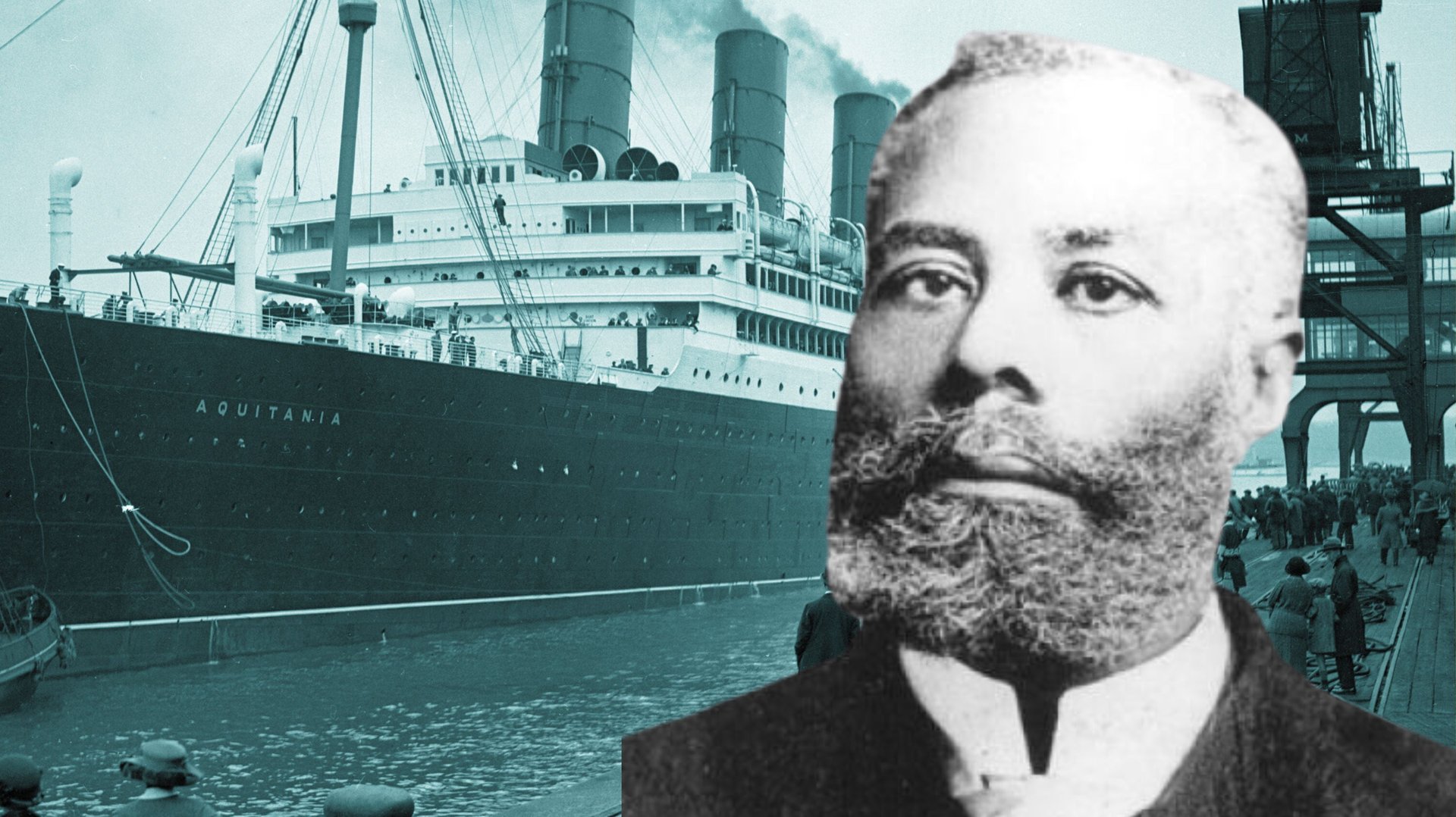
Ever heard the phrase “the real McCoy”? That’s referring to Canadian-American inventor Elijah McCoy, who created the automatic engine lubricator in the late 1800s. The device was used to improve factory machines, transatlantic ships, trains, and other heavy equipment. He received almost 60 patents over the course of his life.
5 / 7
Maggie Lena Walker (1864-1934): Southern bank pioneer
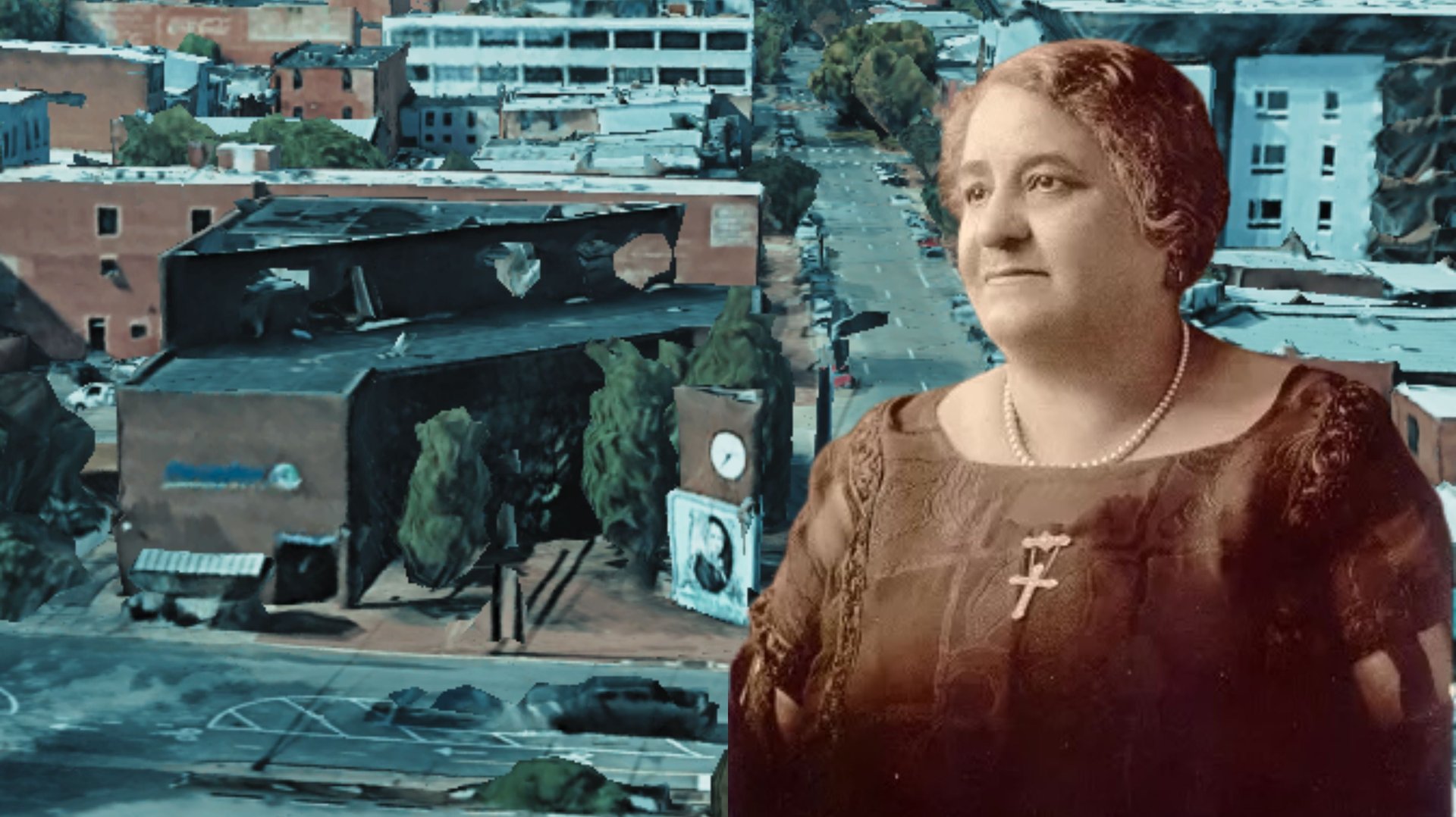
Walker was the first American woman to own a bank, founding St. Luke Penny Savings Bank in 1903. Walker grew up in Richmond’s Jackson Ward neighborhood, dubbed the “Harlem of the South.” Her bank later merged with two others in the city to become the Consolidated Bank and Trust Co., and she was the chairman of its board of directors. Today, it’s the oldest bank continually operated by Black Americans in the U.S.
6 / 7
O.W. Gurley (1868-1935): King of Black Wall Street
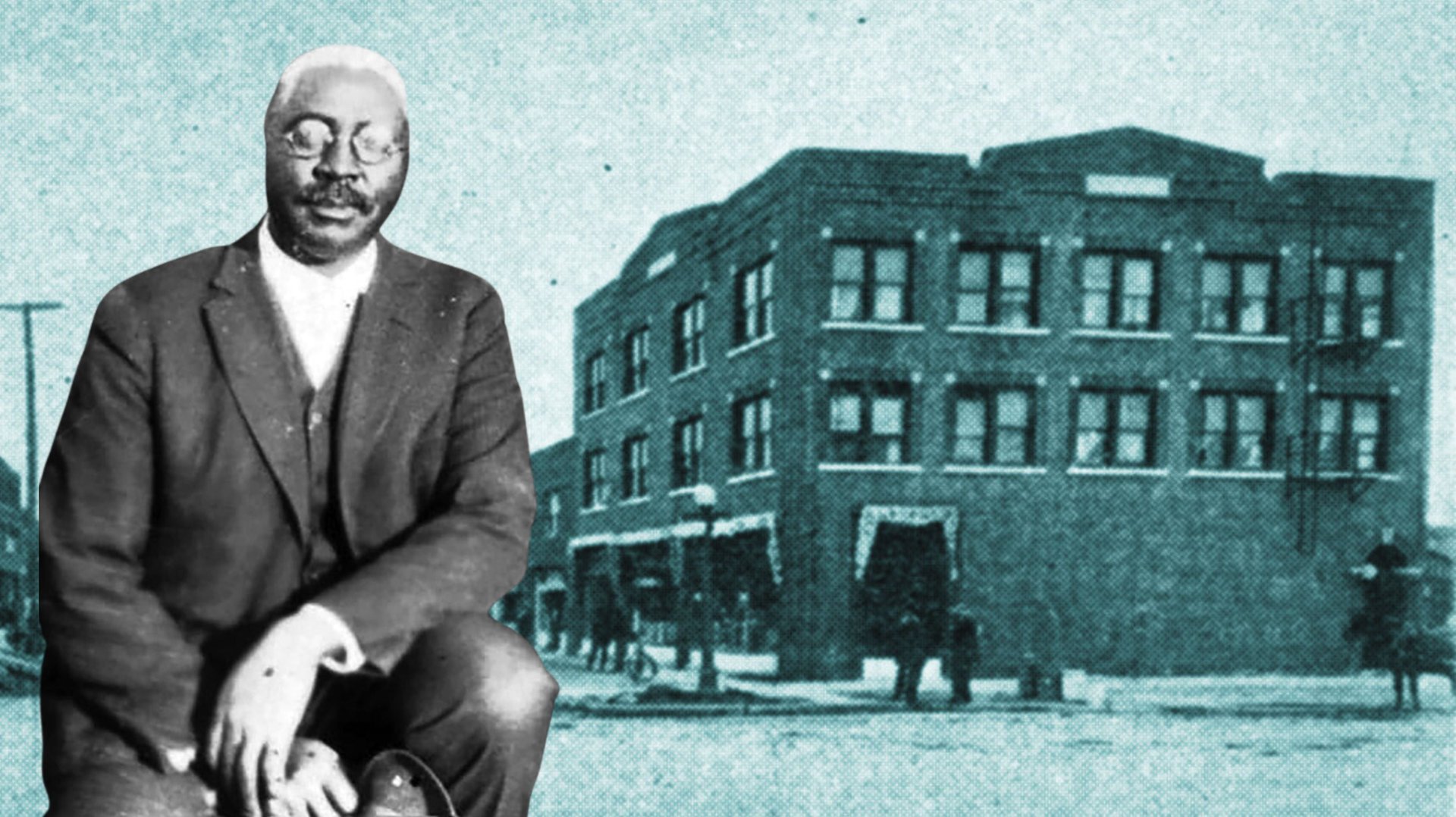
Gurley is credited as the founder of Black Wall Street in Tulsa, Oklahoma’s Greenwood District. He owned about 100 of the city’s 600 businesses at the time, including a grocery store, apartment buildings, a hotel, and an employment agency. He fled for Los Angeles, California after the Tulsa race massacre of 1921.
7 / 7
Other Black business influentials
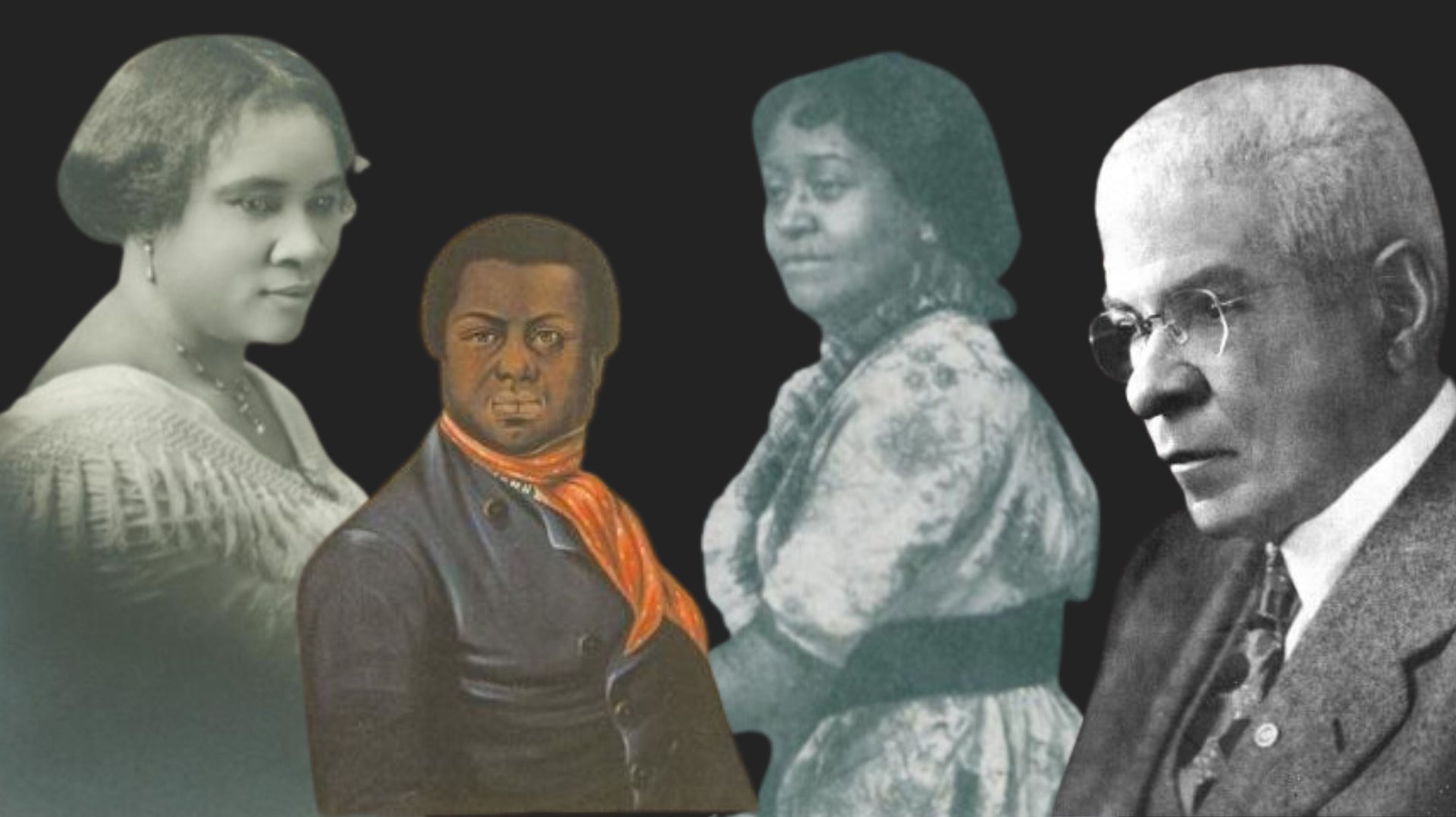
There’s tons of resources detailing the histories of Black entrepreneurs throughout history. A few among them:
Paul Cuffee (1759-1817): With his older brother in law, he established a shipping business in the late 1700s. Cuffee became one of the richest people of color in the country and used his earnings to help create a smallpox hospital and an integrated school.
Biddy Mason (1818-1891): Mason was a former slave turned Los Angeles real estate investor who used her wealth to become a philanthropist. Even without learning to read or write, she made “sound investment decisions” and purchased her first property at 48 years old.
Isaac Myers (1835-1891): This Baltimore businessman created one of the first African American trade unions for ship caulkers.
Madam C.J. Walker (1867-1919): After making money doing laundry and working as a cook, Walker worked for Annie Malone as a sales agent for her hair products. She then launched own beauty and hair line to massive success, becoming “one of the wealthiest African American women of her time.” Walker is credited for being the first self-made Black woman millionaire, though some disagree that financier Mary Ellen Pleasant made it to $1 million before her.
Annie Malone (1869-1957): The daughter of formerly enslaved parents, she became a pioneer of the Black cosmetics industry, forming her own beauty and hair care company. She also founded cosmetology school Poro College in St. Louis, Missouri in 1902. Malone is also one of the first Black American woman millionaires.
Frederick Douglas Patterson (1871-1932): Patterson, an Ohio businessman, was the first Black American to create a car manufacturing company.
Charles Clinton Spaulding (1874-1952): This North Carolina resident led North Carolina Mutual, one of the first Black-led US mutual funds and largest Black-owned insurance company at the time.
Marie Van Brittan Brown (1922-1999): This New Yorker was the inventor of the first home security system and closed-circuit television.
Others include the aforementioned Mary Ellen Pleasant, businessman Jeremiah Hamilton, publisher John Johnson, philanthropist Reginald Lewis — the list goes on.
